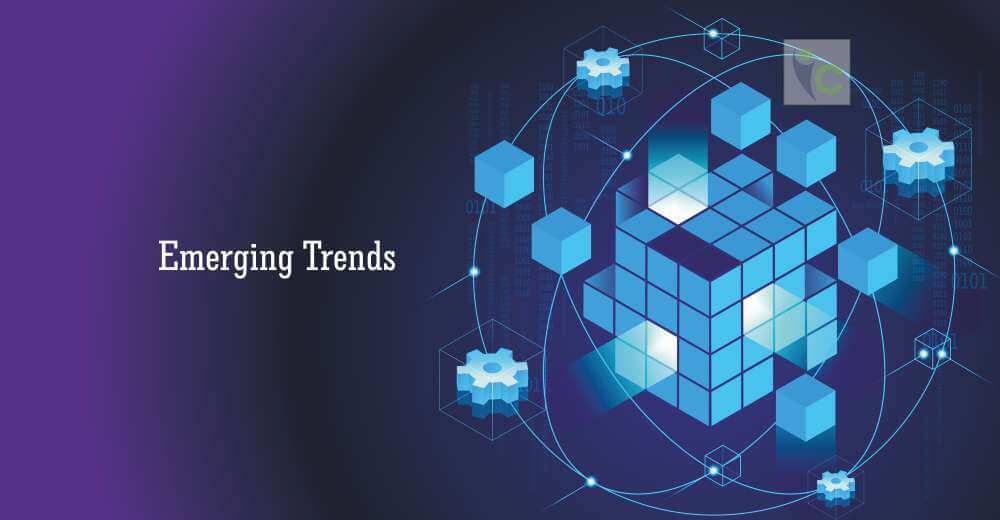“It is health that is the real wealth and not pieces of gold and silver”- Mahatma Gandhi
With a growing population and demand for services, the healthcare industry is facing a new set of challenges. New diseases, frequent outbreaks, growing healthcare demand, care with convenience, costs and more. With the advancements in science, technology, and medicine, it is imperative for the healthcare industry to take on these challenges using a new approach. Big Data and Analytics bring in an incredible solution to this problem. Big Data is already taking strides in different industries. The healthcare industry is warming up to it and trying to leverage its services. The primary function of Big Data in healthcare is to analyze the huge quantity of data available through different resources and improve operational efficiency.
To understand the relation between big data and healthcare, think about spring cleaning. While spring cleaning, one is bound to come across papers related to family’s health say, medical bills, prescriptions, tests, vaccinations and so on. So what does one do with these papers or data? Throw them away? Or organize and study them for a better health-year ahead? Big Data lets one do the latter on a huge scale. These data sources in healthcare industry can be the claims and cost data, data collected from pharmaceutical researches, data from the clinics and data related to the patient’s behavior. Using Big Data we can better manage and analyze the data. Healthcare analytics will help the industry in reducing costs of treatment, predict outbreaks, and avoid preventable diseases.
Decoding Data
The key to implementing Big Data in healthcare is to filter the important information and discard the unwanted ones. It will also need feeding data from all possible sources, binding them and then breaking them down into meaningful pieces. Once the industry is past the initial hiccups, the benefits it can reap are many. Some of the major benefits are listed below.
Advanced Patient Care can be provided by using a patient’s medical records and his/her health habits. Data collected from the patient’s electronic health records regarding previous health issues, current medications, and health combined with data from wearable health gadgets can be used to provide better care and treatment.
Reduced Cost and Time by managing data and identifying cost incurring areas and reducing them wherever possible. The processes and procedures taking more time and incurring more costs than they should be can be handled easily.
Better Staffing according to the footfall trends can be done. A hospital never wants to be understaffed or overstaffed. Gathering data to identify the admission and discharge rate over the past few years can give an insight into the general proceedings of the hospital in a day. Accordingly, more staff can be assigned during the bustling hours and reduced during the laid-back hours.
Minimization of Error in medications and personalized care treatment can be achieved using the services of Big Data. Patient’s records can be analyzed along with the prescribed medicines and anything out of place can be flagged by the system utilizing Big Data. This will help prevent issues like wrong medication, drug abuse and grave drug interaction.
Fraud Detection like medical abuse and insurance fraud can be predicted and minimized well in time. A large set of data pertaining to claims history can be analyzed to find fraud patterns and prevent further such incidents. Possible drug abuse cases can be similarly captured and curtailed by analyzing diagnosis, test, prescriptions, and follow-ups.
Real-time Monitoring of high-risk patients can avoid an emergency case. A patient’s vital stats can be constantly monitored and an alarm triggered, alerting the concerned doctor, allowing the healthcare professionals to take appropriate action.
Optimal Reimbursement amount can be decided with help of Big Data. It can take into account the quality of services provided, the efficiency of treatment, and the patient’s response to the treatment, the claim process, and many such contributing factors.
Inventory Management in a hospital can be improved using Big Data Analytics. Based on previous inventory records, the analysis can predict the number of tools and supplies the hospital is going to need in the current year. This will save the hospital from over-stocking or under-stocking. It will also help in proper budgeting allowing the hospitals to allocate funds fittingly.
Predictive Analysis can be utilized to identify people, classes and areas more susceptible to certain diseases and health concerns. This will help in providing customized and personalized services to individuals. Mass vaccinations, free public health check-ups and other preventive measures can be taken well in advance to prevent an outbreak.
Better Personal Health can be achieved by patients when they are well informed about their medical condition, their medicines, and their vital stats. Knowing about what they can and can’t do and how they are performing right now can be a great motivational factor for them to achieve better health.
Data is easily available, but need is to filter, organize, manage, re-arrange and make sense out of them. Big Data can help the healthcare industry to do just what it needs right now and make it better An improved health care industry goes a long way in building a great nation.
– By Sneha Sinha















